Share
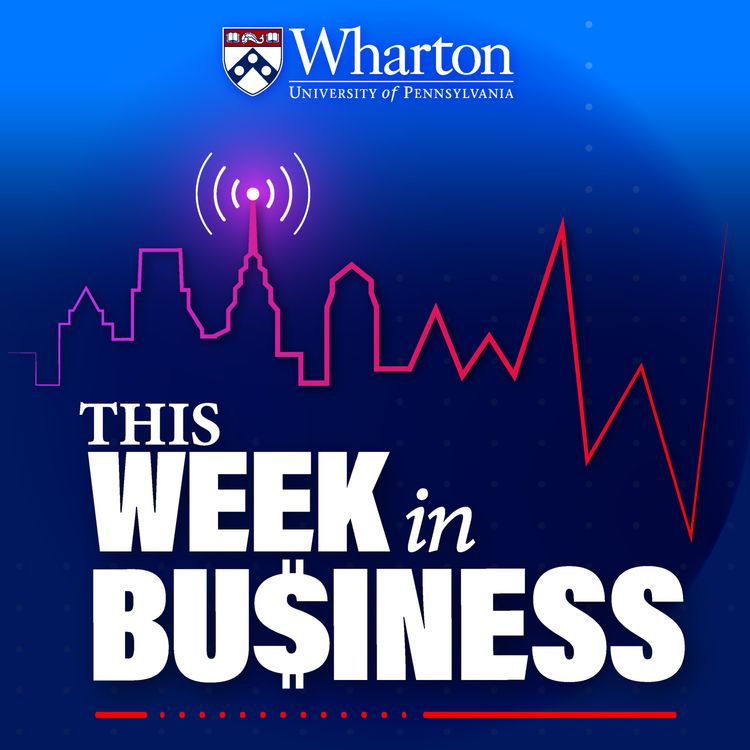
This Week in Business
Wharton Experts on The Great Recession, 10 Years Later - Part 2
Business Radio Special: The Great Recession: What's Changed in 10 years Part 2
About one in five workers in the U.S, lost their job in the beginning of the Great Recession and many of them never recovered. What has happened to the millions of people who settled for work below the level in which they were qualified, for less pay? With an improved unemployment number today at 4%, compared to the height of the recession when the unemployment rate peaked at 10 %, the wages are not catching up with the jobs. To look deeper at the impact of The Great Recession on the jobs market, we are joined by Wharton Professor of management PETER CAPPELLI, who is also Director of the Center for Human Resources, IWAN BARANKAY, Associate Professor of Management and Associate Professor of Business Economics and Public Policy at Wharton, and DAVID LEWIS, Professor Emeritus of Management, Human Resources and Organizational Behavior at the UCLA Anderson School of Management.
Then, from January 2009 to December 2013 the U.S. government prevented two of the “Big Three” car companies from going bankrupt by using over $80 billion from the Economic Emergency Stabilization Act. General Motors Company and Chrysler LLC were owned by the taxpayers, leaving the Ford Motor Company on its own. Was this the right decision for a sector of an indicator of the health of the economy? We’ll look at the management changes in the past 10 years and future of the American auto industry as they face staying competitive in a growing fuel-efficient and autonomous vehicle market. We’re joined by JOHN PAUL MACDUFFIE , Professor of Management at the Wharton School and Director of the Program on Vehicle and Mobility Innovation at Wharton's Mack Institute for Innovation Management, and PAUL EISENSTEIN publisher and editor of TheDetroitBureau.com.
Next, Wall Street has taken quite a ride over the last decade. It lost almost half of its value due to the Great Recession and by some estimates, over $2 trillion in retirement savings was lost by the end of 2008. The recovery has opened the markets to incredible growth, including the Dow Jones Industrial Average crossing the 26,000 mark, Nasdaq breaking the 8,000 point threshold and the S&P finishing at just under 29,000 last month. But investors are still wary in the stock market as we may soon undergo a significant correction. To look back, and peer into the short and distant futures, JEREMY SIEGEL, joins us. He is a Professor of Finance at the Wharton School. As is GAD ALLON, a Professor of Operations, Information and Decisions, at the Wharton School.
Finally, when the Great Recession hit, some people pointed a finger at business schools, asking why the MBAs who caused the economic turmoil weren't taught character and accountability. Business schools have been teaching ethics for decades, but did the financial crisis change the way academic institutions, like The Wharton School, emphasize corporate responsibility and ethics? We’re joined by ERIC ORTS, a Professor of Legal Studies and Business Ethics at the Wharton School, STEPHEN ARBOGAST, Professor of Practice of Finance and Director of the Energy Center at the Kenan-Flagler Business School at the University of North Carolina at Chapel Hill. And ANITA CAVA, a Professor in the Business Law Department at the University of Miami Business School and Co-Director of the University of Miami Ethics Programs.
More episodes
View all episodes
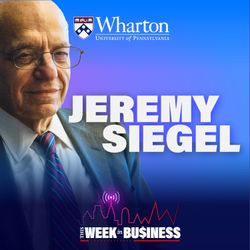
Fed Leadership, Rate Cuts, and Geopolitical Risks Ahead
10:39|Jeremy Siegel, Professor Emeritus of Finance at the Wharton School and Senior Economist at Wisdom Tree, analyzes the Supreme Court’s ruling on tariffs, the market’s resilience amid policy uncertainty, the potential impact of Kevin Warsh as Fed chair, and how geopolitical tensions with Iran could influence interest rates and economic growth.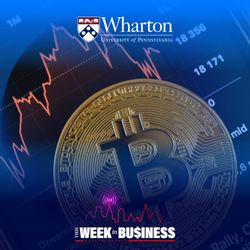
Understanding Crypto Sentiment and Market Signals
11:33|Dave Reibstein, Professor of Marketing at the Wharton School, explains how the school’s Cryptocurrency Confidence Index tracks U.S. consumer sentiment, explores links between confidence and price volatility, and examines the role of regulation and public perception in shaping the future of digital assets.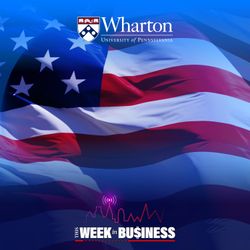
How Geopolitics Is Hitting Local Gas Stations
12:36|Serguei Netessine, Wharton Professor of Operations, Information and Decisions, discusses how U.S. sanctions on Lukoil are disrupting franchise agreements, banking relationships, and customer perceptions for locally operated gas stations in New York, New Jersey, and Pennsylvania.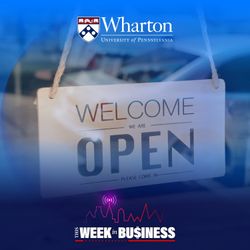
Why Hiring Has Slowed Without Mass Layoffs
12:11|Peter Cappelli, Professor of Management and Director of the Center for Human Resources at The Wharton School, examines the cooling in white-collar job openings, the impact of investor-driven cost cutting, the concept of “AI washing,” and why economic uncertainty is keeping companies cautious about expanding their workforce.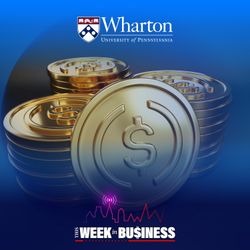
Stablecoins Explained: Bridging Digital Assets and Traditional Finance
10:56|Kevin Werbach, Wharton Professor of Legal Studies and Business Ethics, discusses the Stablecoin Toolkit and how clearer definitions, regulatory frameworks, and emerging use cases could position stablecoins as a bridge between digital assets and the traditional financial system.
Super Bowl Advertising Trends, Creative Strategy, and Brand Competition
12:19|Dr. Americus Reed, II, Wharton Professor of Marketing, breaks down the strengths, themes, and competitive dynamics of this year’s Super Bowl ads, including the role of nostalgia, humor, artificial intelligence, and long-term brand storytelling.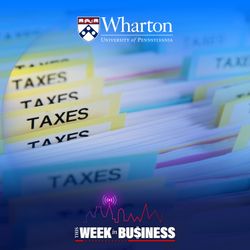
The Economic Reality Behind Billionaires Taxes and State Budgets
10:15|Kent Smetters, Faculty Director of the Penn Wharton Budget Model and Professor of Business Economics and Public Policy at the Wharton School, analyzes the origins of billionaire and wealth taxes, explains why they consistently underperform revenue expectations, and explores their economic distortions at both the state and national level.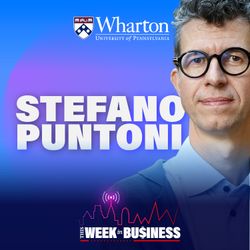
How Advertising Could Reshape ChatGPT and Digital Marketing
13:00|Stefano Puntoni, Wharton Professor of Marketing and Co-Director of the Wharton Human-AI Research Program, discusses OpenAI’s move toward advertising, its implications for monetization, consumer experience, and the future of digital advertising.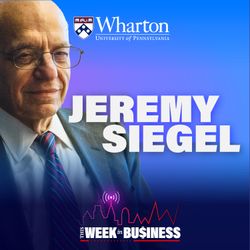
What the Fed’s Pause Signals for Economy and Markets
11:42|Jeremy Siegel, Wharton Emeritus Professor of Finance and Senior Economist at WisdomTree, analyzes the Federal Reserve’s decision to hold rates, the significance of dissenting votes, the outlook for future cuts, shifting market leadership, and how AI-driven productivity may shape the economy and labor markets heading into 2026.